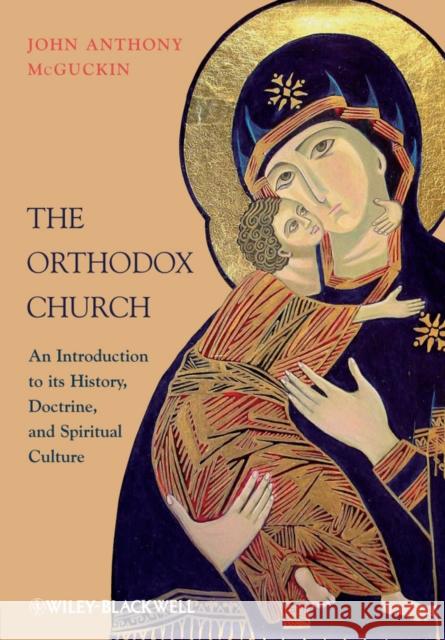The Orthodox Church » książka
topmenu
The Orthodox Church
ISBN-13: 9781444337310 / Angielski / Miękka / 2010 / 480 str.
- This important work offers the most comprehensive and up-to-date account of the Orthodox Church available, providing a detailed account of its historical development, as well as exploring Orthodox theology and culture
- Written by one of the leading Orthodox historians and theologians in the English-speaking world
- Offers an in-depth engagement with the issues surrounding Orthodoxy's relationship to the modern world, including political, cultural and ethical debates
- Considers the belief tradition, spirituality, liturgical diversity, and Biblical heritage of the Eastern Churches; their endurance of oppressions and totalitarianisms; and their contemporary need to rediscover their voice and confidence in a new world-order
- Recipient of a CHOICE Outstanding Academic Title for 2009 award











